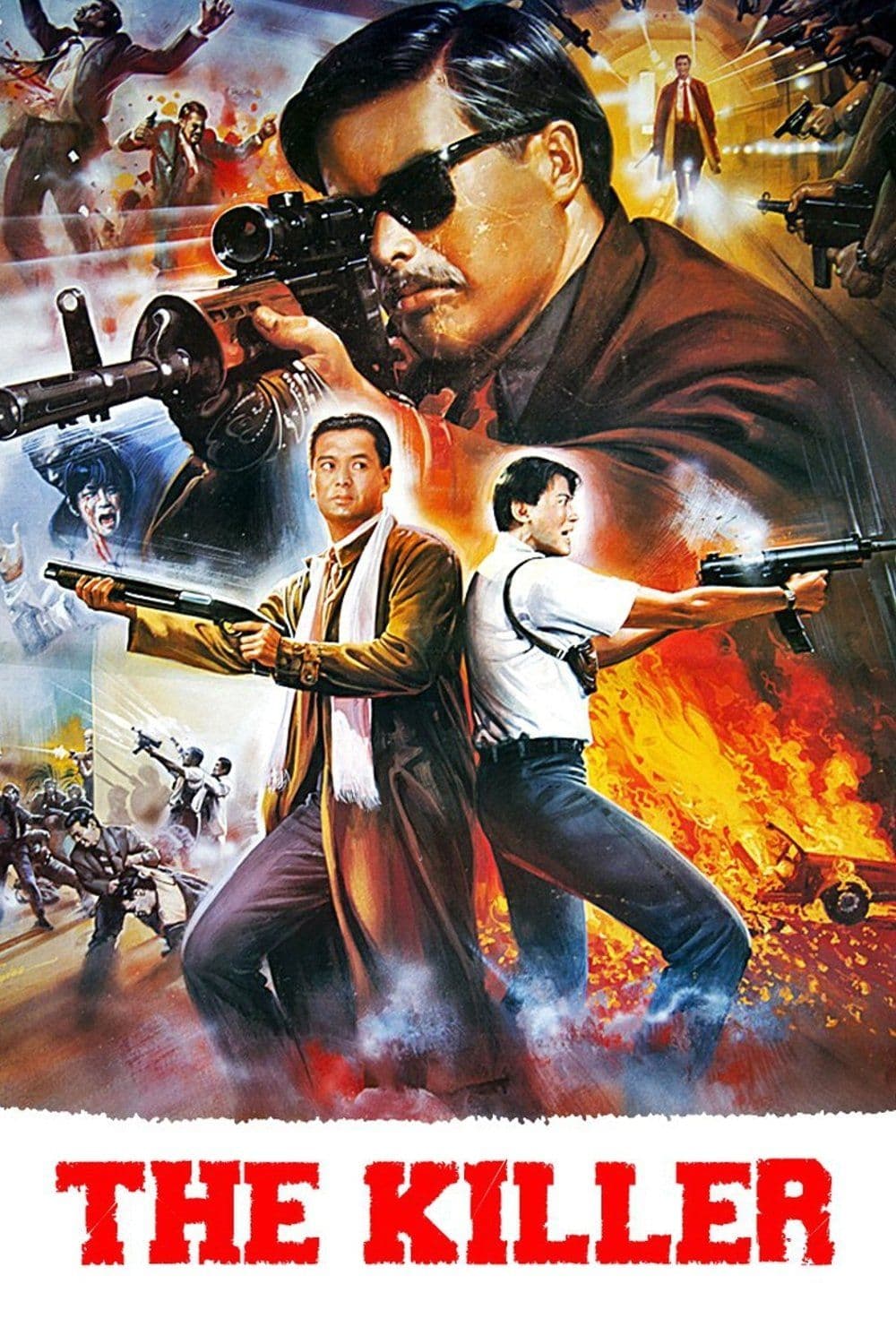
The Killer
1989
Rate this movie
Average: 0.00 / 5
(0 votes)
Director
John Woo in his pre-Hollywood Hong Kong period is at his best with a film where the dynamism of the action scenes (masterfully conceived and filmed) counterpoints a psychological introspection that offers us ample glimpses into the mind of a gangster. It is not merely the culmination of a phase, but the crystallization of a style that would redefine global action cinema. "The Killer", in fact, represents the epitome of what has been defined as the "heroic bloodshed" genre, a genre in which heightened violence is charged with an almost operatic lyricism, elevating itself to a tool for exploring the deepest human dynamics: honour, loyalty, betrayal, and the search for redemption. Woo does not merely choreograph gunfights; he paints with bullets and smoke, transforming every sequence into a deadly ballet, a hymn to catharsis through destruction.
Vaguely inspired by Melville's Frank Costello (whom Woo honours with obvious or hidden references in the narrative fabric), it is the story of a gangster who feels atrocious remorse for accidentally blinding a nightclub singer during a mission. The connection to Melville, particularly to "Le Samouraï" and its archetype of the solitary killer, is more than just a tribute; it is a declaration of intent. Woo takes up the existential fatalism of French cinema, the cold elegance of a self-imposed code of honour that resists the corruption of the external world, but infuses it with a baroque passion and intense Eastern spirituality. Jef Costello's "slow suicide" echoes in Ah Jong's (masterfully played by Chow Yun-fat) search for an honourable death, who, enslaved by his own creed and fate, seeks his own unspeakable absolution in the salvation of others. Remorse is not merely a faint echo in his conscience, but an open wound that propels him towards a path of sacrifice, a kind of profane via crucis in a world devoid of gods.
The man will try to help the singer by paying for a risky operation to restore her sight, but he will meet an inevitable fate due to the betrayal of a friend and a sharp, zealous police officer who gives him no respite. Here emerges another of Woo's authorial signatures: the figure of the "doppelganger", the protagonist's mirror reflection in his nemesis. Inspector Li (Danny Lee) is not a mere antagonist, but a soulmate, another side of the same coin of justice and morality. Both are men of principle, hardened idealists in a universe of compromises, forced by circumstances to confront the limits of law and personal ethics. Their hunt is not a mere pursuit, but a macabre dance, a chivalrous duel between two men who, although on opposing sides, share a deep sense of honour and an inevitable solitude. The betrayal by the friend, moreover, is not a mere narrative device, but the deflagration of that code of honour which, in Woo's cinema, is as sacred as life itself, transforming revenge into a matter of spiritual purification.
This blend of noir and gangster movie is interesting, flecked with streaks of criminal mysticism (à la Kitano, so to speak). But while Kitano explores a glacial and often contemplative nihilism, Woo infuses his mysticism with an almost religious warmth, with a Catholic iconography that merges with Eastern symbolism. Churches riddled by gunfights, lit candles, white doves flying through gunfire: these are not mere aesthetic embellishments, but narrative elements that sublimate violence, transforming it into a sacrificial rite. Spilled blood becomes the offering for an impossible redemption, violent death a path towards another form of transcendence. It is a cinema that elevates the criminal to a tragic figure, a cursed hero who, though steeped in sin, pursues a form of moral purity. This fusion of the sacred and the profane, between the drama of salvation and the brutality of the streets, is what makes "The Killer" such a deeply resonant work, far beyond its action surface.
And anyway, a barrage of adrenaline from start to finish will grant you no respite; Woo, after all, knows how to keep the viewer's attention, not for nothing immediately after this film the big crocodiles of Hollywood set their eyes on him, calling him to direct in the States. The action sequences are not interruptions, but the pulsating heart of the narrative; every bullet, every slow-motion jump, every ballistic acrobatics is designed to communicate the characters' state of mind and the ineluctability of their destiny. Woo's "gun fu," with its emphasis on fluid movements, choreographed slow-motion shots, and the simultaneous use of firearms in both hands, created a new paradigm in action cinema, influencing generations of directors, from Quentin Tarantino (a declared admirer) to the Wachowskis for "The Matrix," and even entire trends in video games and television productions. The success of "The Killer" in the West was a cult phenomenon before becoming mainstream, demonstrating how its visual rhetoric and heightened romanticism were universal, capable of transcending cultural and linguistic barriers. It was inevitable that Hollywood would want him, eager to replicate that surge of pure, inimitable cinematic energy.
A film that soars, leaving an intense aftertaste of gunpowder and incense. A work that doesn't just entertain, but digs into the soul, questioning the price of violence and the possibility of redemption in a corrupt world. It is the testament of a director who dared to transform brutality into poetry, chaos into harmony, death into an affirmation of life and dignity, forever cementing his place in the Pantheon of great action cinema auteurs and beyond.
Country
Gallery
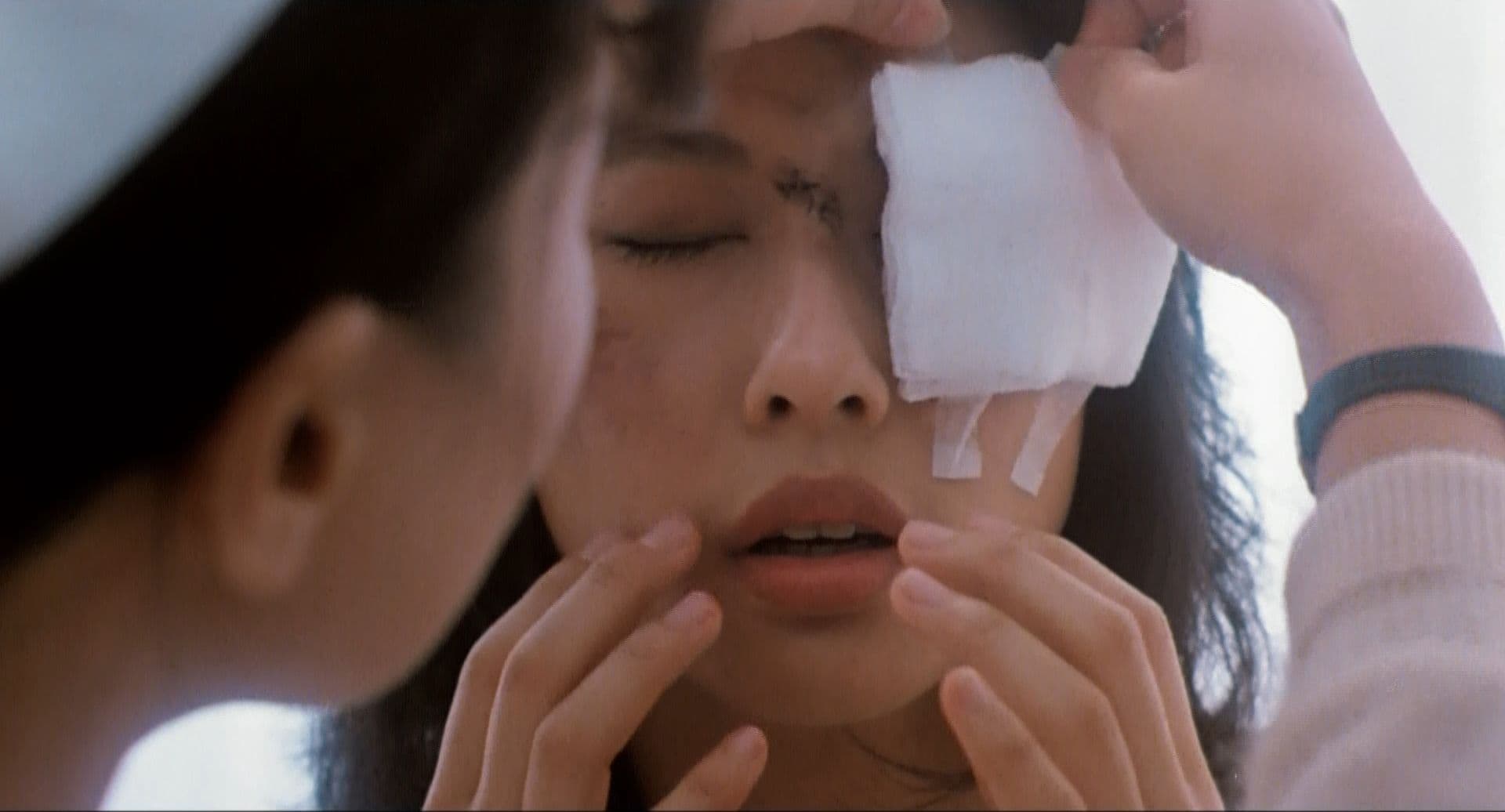
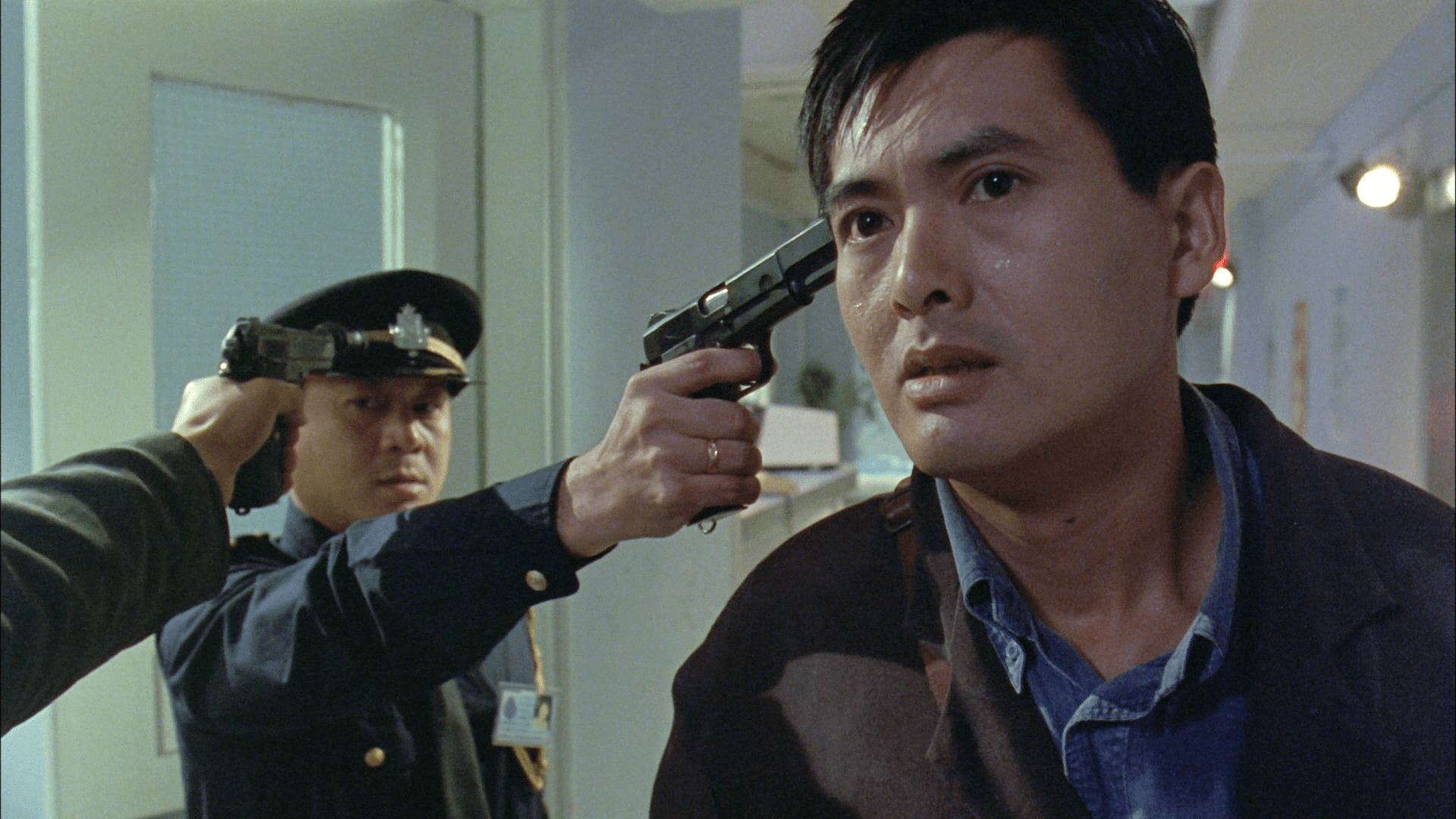
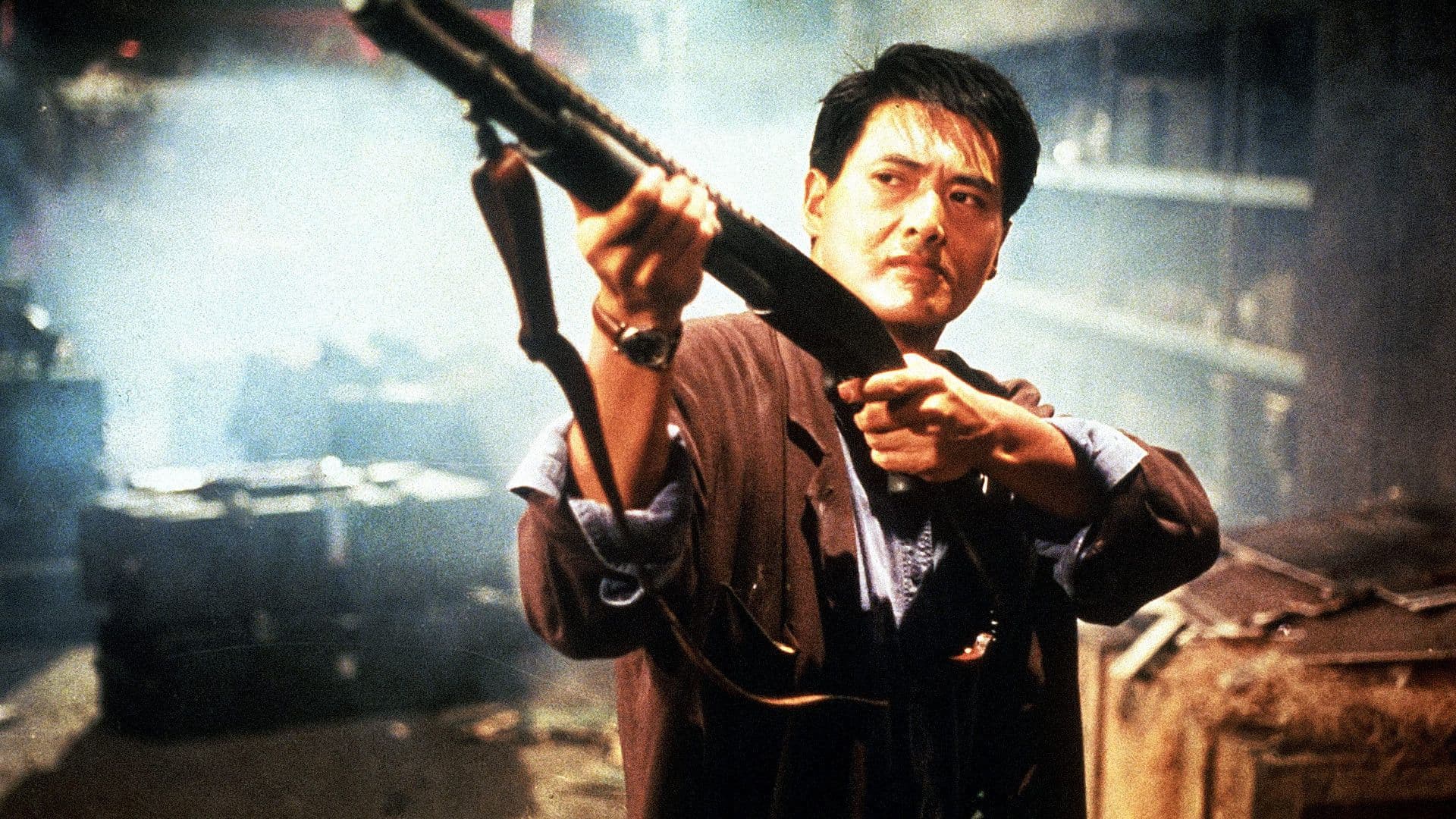
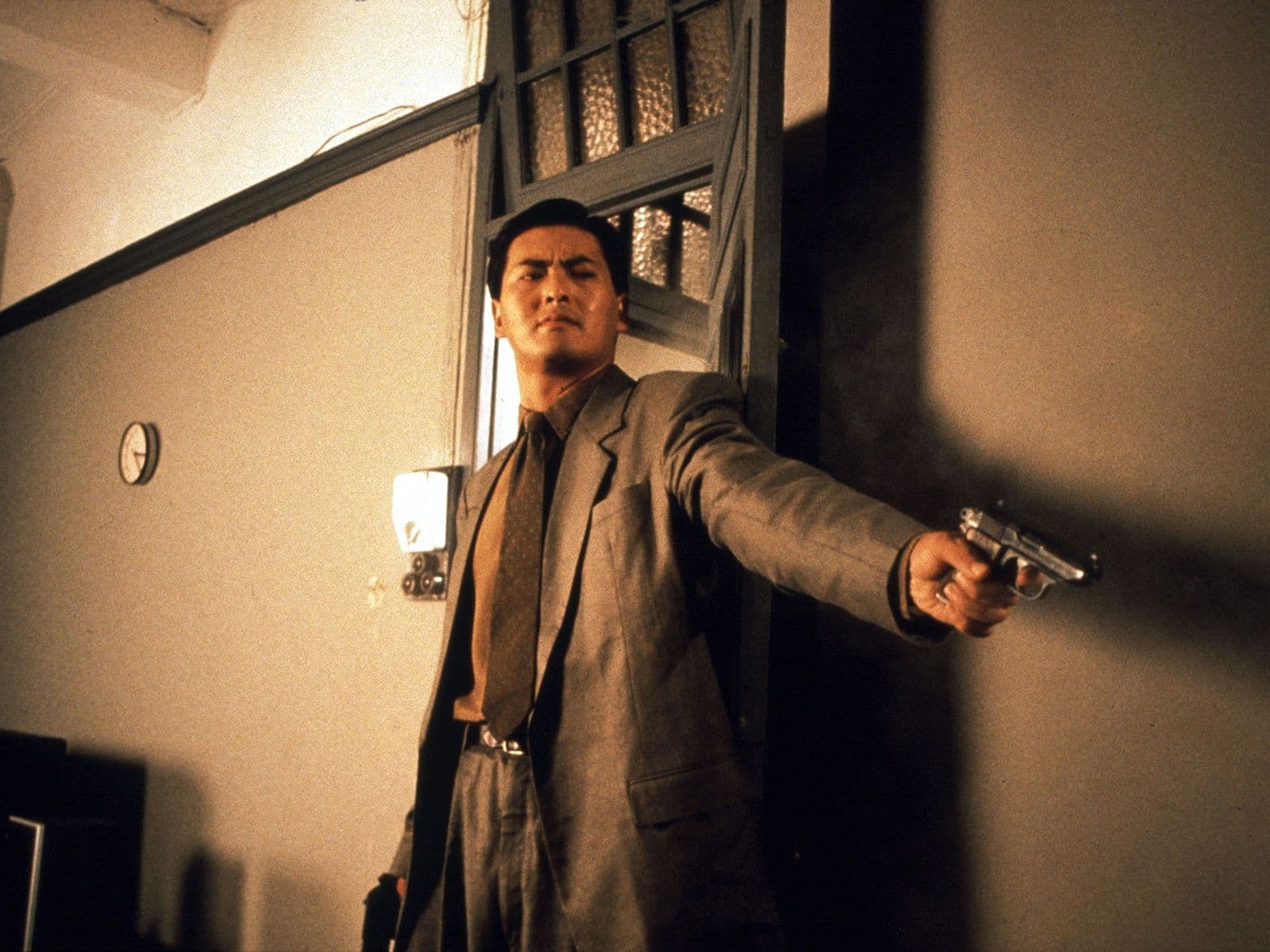
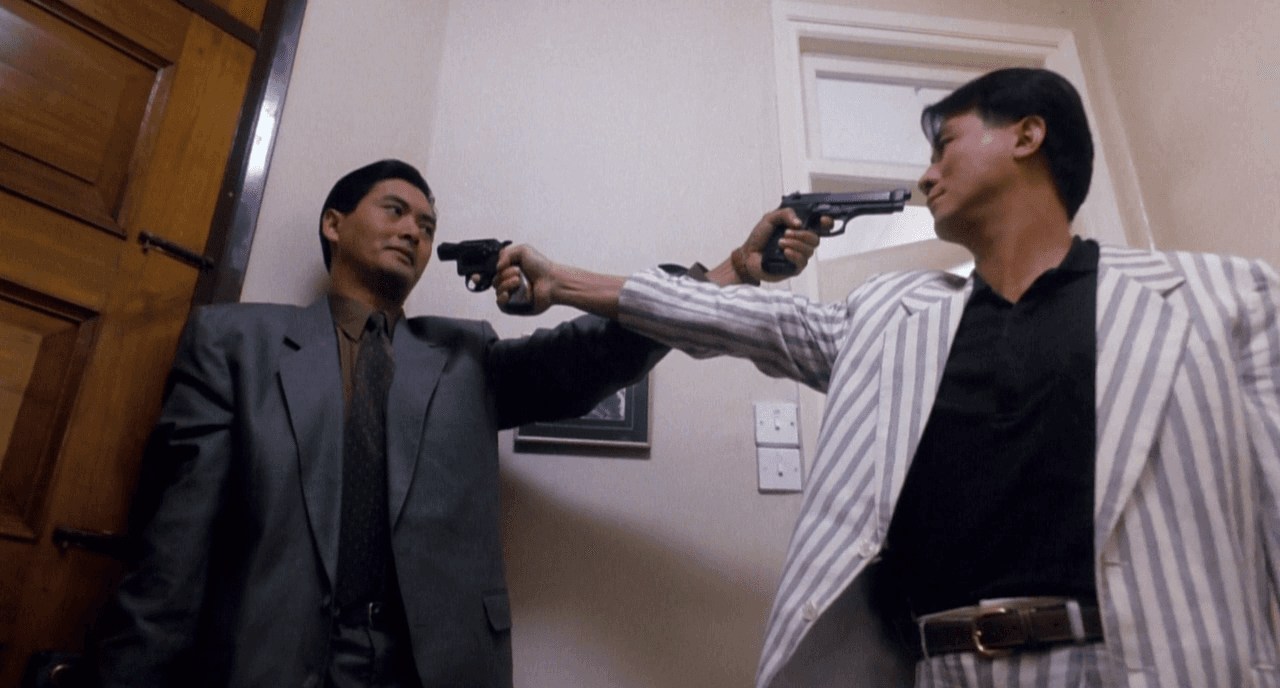
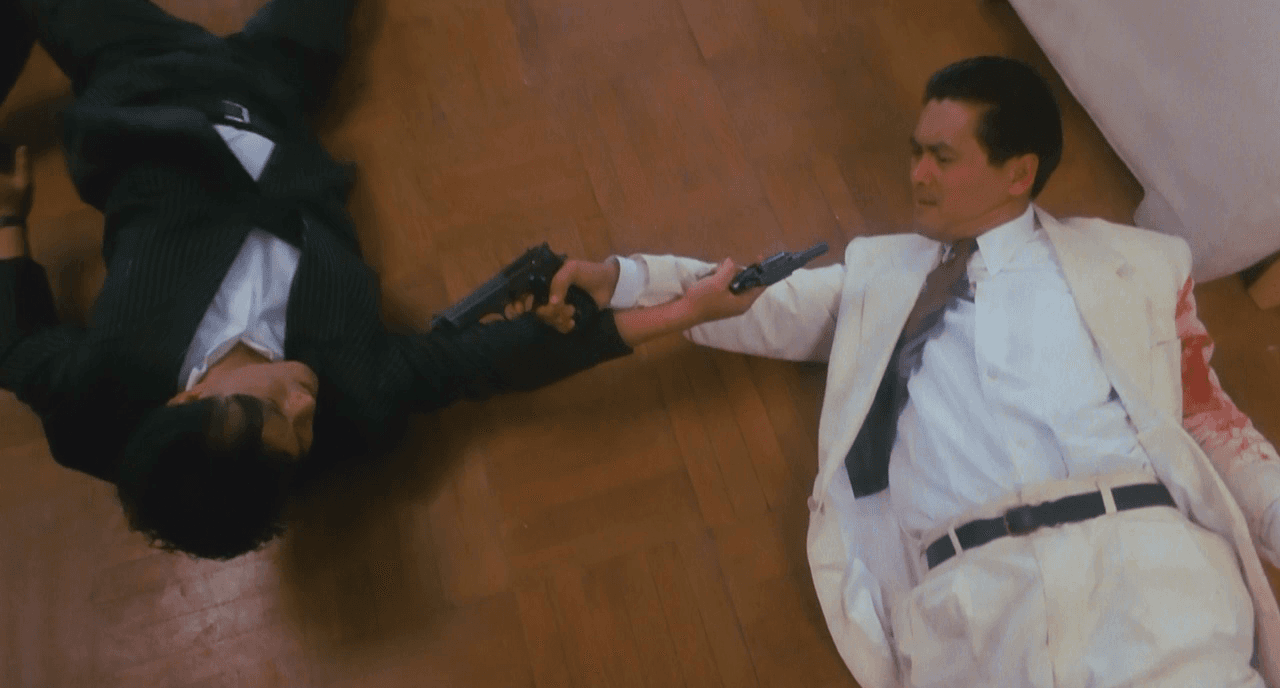
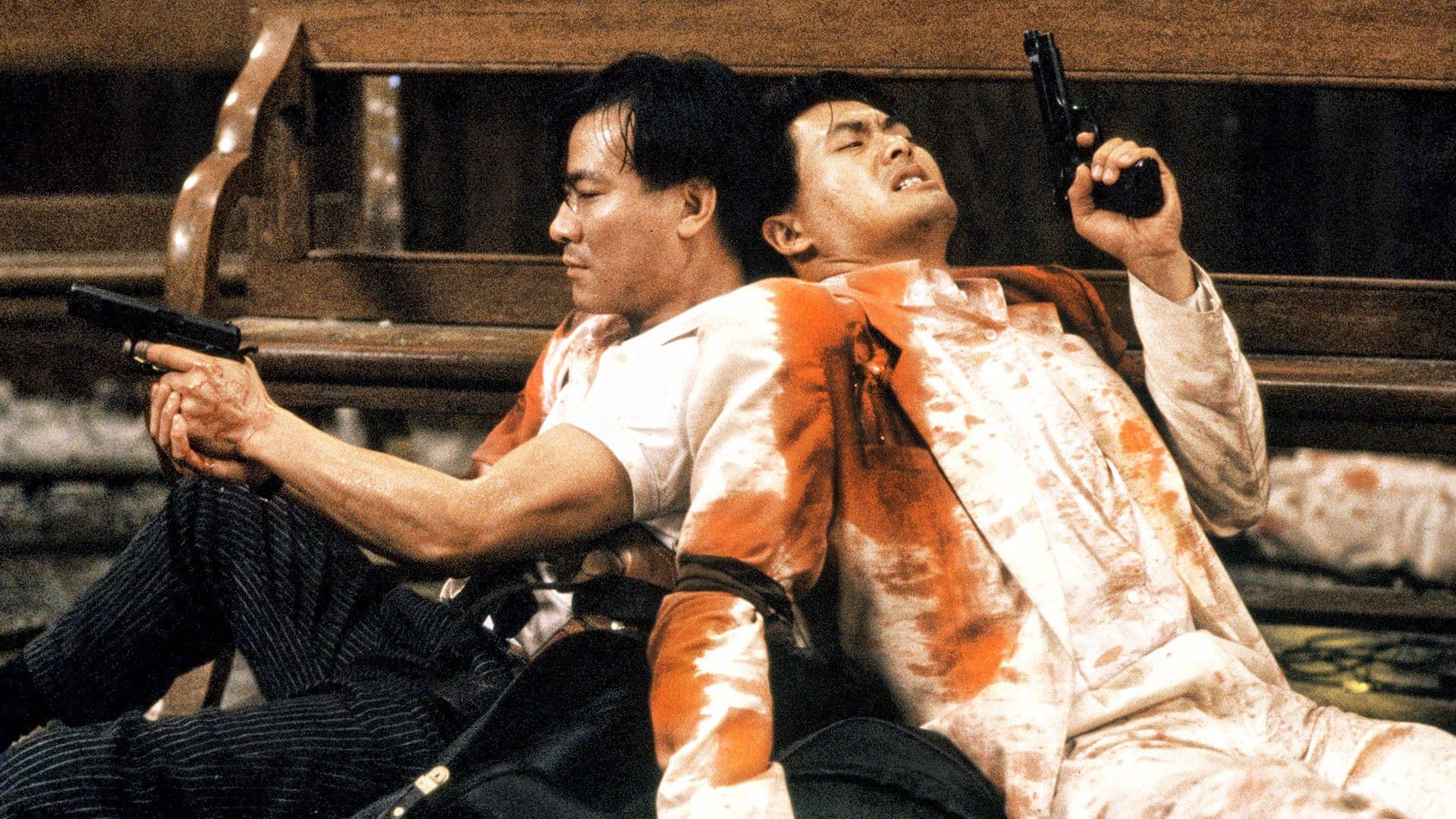
Featured Videos
Official Trailer
Comments
Loading comments...